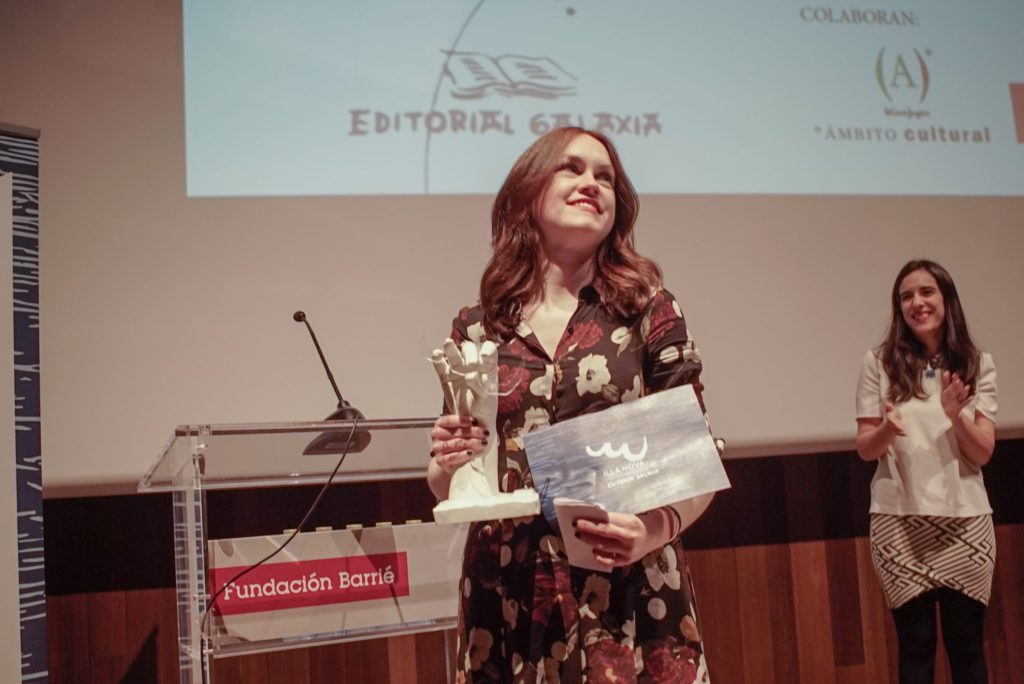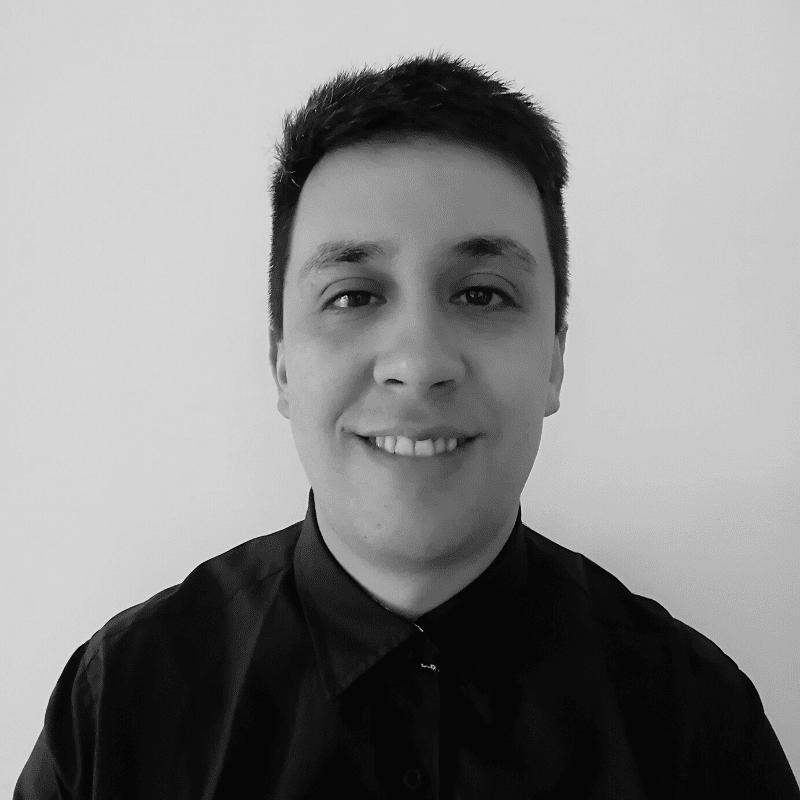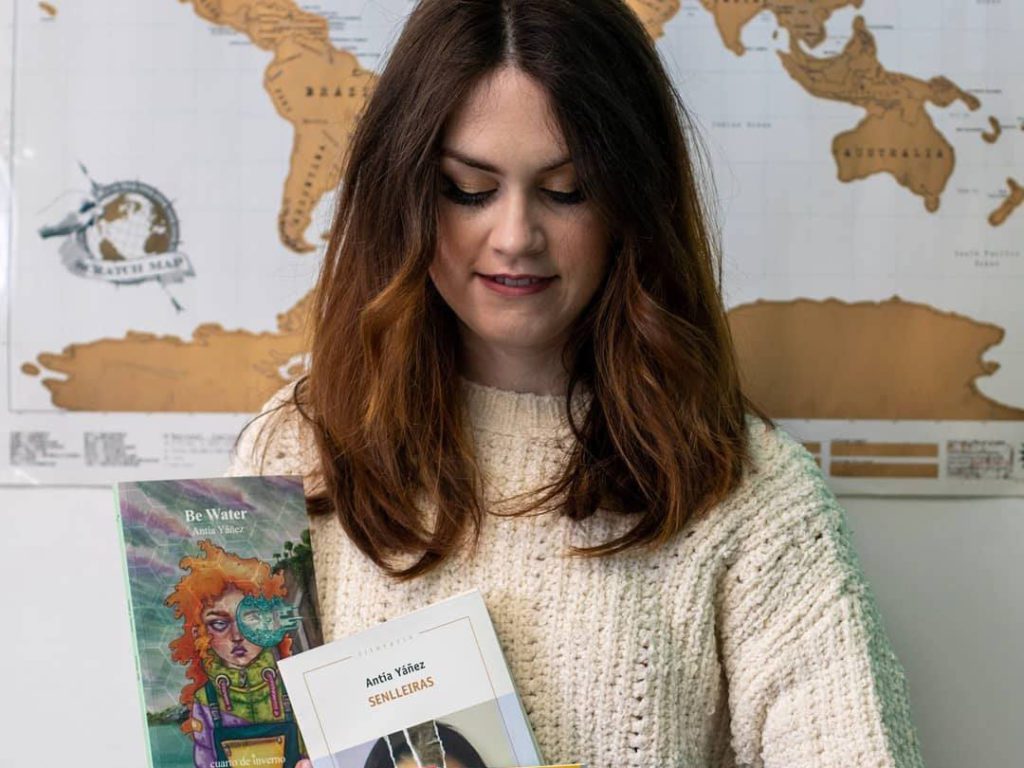Award winning novelist speaks out on mental health, writes book about Obsessive Compulsive Disorder
BURELA, Spain ꟷ Like the protagonist in my book, I have suffered from Obsessive Compulsive Disorder for more than 10 years. When I received my OCD diagnosis, I lacked the necessary tools to explain my experiences to people. Without the right words, I often explained my disorder in half measures. The process felt annoying and […]
- 2 years ago
November 19, 2022

BURELA, Spain ꟷ Like the protagonist in my book, I have suffered from Obsessive Compulsive Disorder for more than 10 years. When I received my OCD diagnosis, I lacked the necessary tools to explain my experiences to people. Without the right words, I often explained my disorder in half measures. The process felt annoying and uncomfortable.
I spent years sitting in the rooms of therapy and expressing what I could. Today, I have learned to express myself in another way. My goal writing the book started from a premise of entertaining the reader while explaining OCD and mania.
Breaking down barriers and destroying misconceptions about mental health
Since mental health has traditionally been a taboo subject, talking about it openly becomes increasingly important today. Too often in entertainment media, literature, and other forms of information consumption, people with mental health issues are represented in one of two ways.
We look at it as “fun” and relate with laughter or comedy, or we go down the path of dark novels portraying psychopathy, often related to horrendous acts like murder. Fortunately, we see a change taking place in the world now.
Read more Orato stories from individuals from around the globe living with disabilities.
As this change takes place, we must talk about mental health. Some people misperceive it and not everyone has first-hand testimony to raise awareness. We must make our experiences known so that others realize suffering from depression or being diagnosed with Obsessive Compulsive Disorder is no worse than breaking a leg or having diabetes. Yet, the same fears and prejudices do not exist toward someone with diabetes as they do for someone with OCD.
Writing my book, I had the opportunity to see myself in it. That proved to be a fun and interesting experience. As a person who suffers from OCD, I imagined situations the disorder can produce – like cleaning or going to a public bathroom.
At times, those moments become horrible and overwhelming, like a nightmare. Your anxiety rises and your heartbeat increases, then a numbness takes over your entire body. Having lived through moments like this, I focused on conveying the real emotions to the reader.
Detailing the lived experience of anxiety
Anxiety can be one of the worst sensations a person experiences. It can take over one’s life in various ways. I would not wish my suffering on anyone. It manifests physically and mentally. By writing my book, I hope people begin to understand people like me better.
I approached the main character of the book using my own story. Giving her a voice felt easy because I characterized her after myself. I love making jokes and having a good time and so does she. During difficult moments in my life, I use humor to get through. This allowed me to realize over the years, everything is relative, even my suffering.
I thought talking about the lived experience of anxiety would be extremely difficult for me, and even more difficult for the reader to understand. How could they comprehend the level of discomfort and restlessness people with anxiety suffer?

To my surprise, I have received incredibly positive feedback. Readers say they can relate, or they finally understand just how bad we suffer. They understand how different scenarios and situations affect our nerves.
While I thought the narrative would create identification among a few people, I realize everyone has felt this way at times. Readers say while they could empathize, the book overwhelmed them with such exceptional descriptions of the human experience. For me, that response feels like a luxury!
















































































































































































